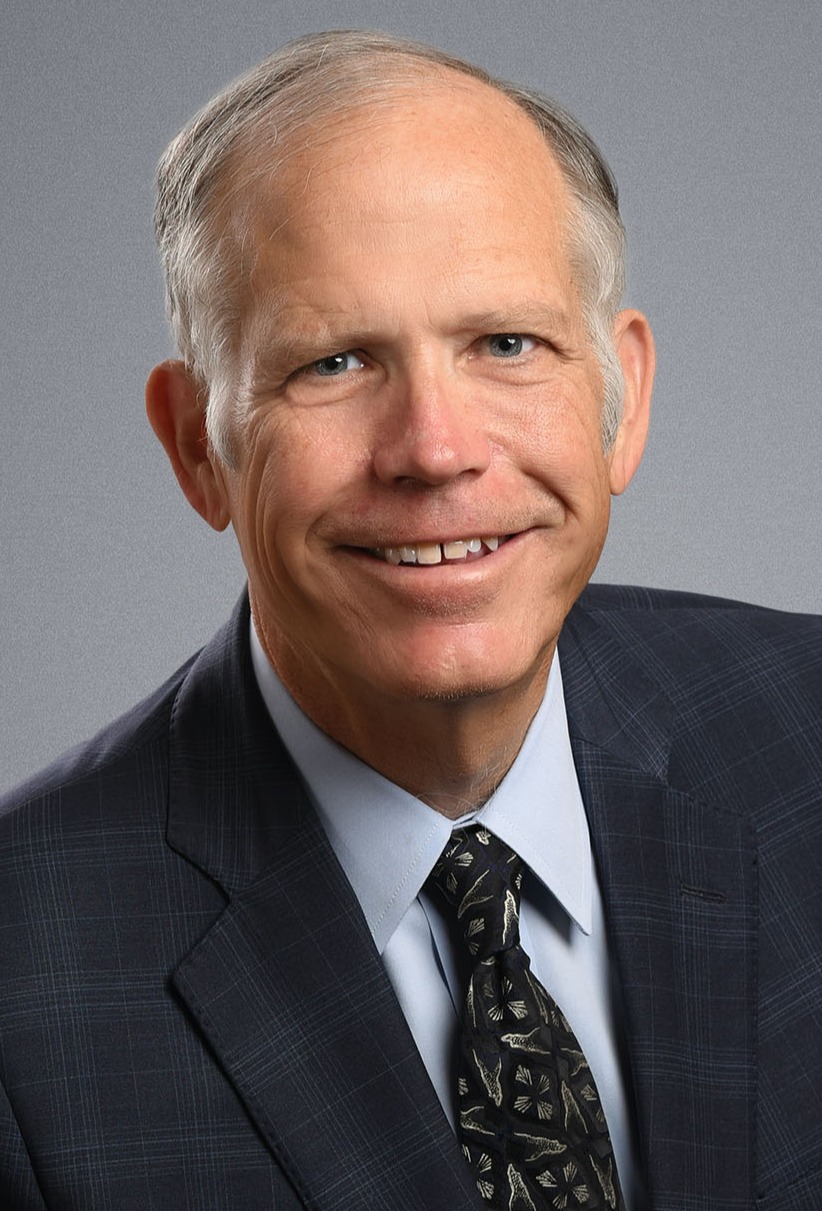Corn v. Superior Court, 2016 Cal. App. Unpub. LEXIS 6182 (Cal. App. 2d Dist. Aug. 22, 2016) is a case about the meaning of one sentence in a settlement agreement consisting of just seven words - "The Parties agree to arbitrate any disputes". The...

Keith Paul Bishop
Recent Posts
Although the Securities and Exchange Commission does not require that a company adopt a code of business conduct and ethics, I would be very surprised to hear of an SEC reporting company that has not adopted such a code. Item 406 of Regulation S-K...
A number of amendments to Delaware's General Corporation Law took effect at the beginning of this month. One of these changes was to establish a default quorum requirement for meetings of committees of corporate boards of directors. New Section...
In mid July, the House of Representatives passed the Separation of Powers Restoration Act of 2016, H.R. 4768 (SOPRA). If enacted, the SOPRA would amend the federal Administrative Procedure Act to require a reviewing court to decide "de novo all...
As I suspected, law firms are churning out memoranda on the SEC's recent enforcement actions involving alleged impediments to whistleblowers. While accurately, summarizing these actions, I'm not sure that some of the authors have adequately captured...
I am occasionally asked who should sign the bylaws. The question presumes that bylaws must be signed. Although the California General Corporation Law requires that the original or a copy of the bylaws be available to shareholders (Section 213), it...
As Ralph Waldo Emerson once famously told Oliver Wendell Holmes, Jr.: "“Holmes, when you strike at a king, you must kill him.” For the full story, see The Corporations Code Can Make Suing Your Former Employees Costly. I was reminded of this advice...
The Securities and Exchange Commission is aggressively interpreting and enforcing its rule against impeding whistleblowers. Rule 21F-17(a) provides:
Earlier this week, I wrote about Judge Edward M. Chen's ruling in Sender v. Franklin Res., Inc., 2015 U.S. Dist. LEXIS 171453, 3-4 (N.D. Cal. Dec. 22, 2015). Judge Chen applied California Corporations Code Section 419 to a Delaware corporation on...


.png?width=100&height=100&name=corporate_law_blogs%20(1).png)